Features
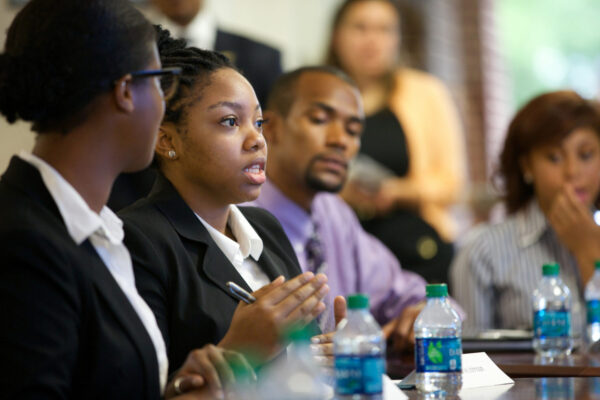
Centering Equity in Student Mental Health Task Forces: Lessons Learned From the University of Michigan
Based on their work with the University of Michigan’s Rackham Graduate School Task Force on Graduate Student Mental Health, Sara Abelson, Meghan Duffy, and Janelle Goodwill identify eight ways that university mental health task forces can center equity in their work.
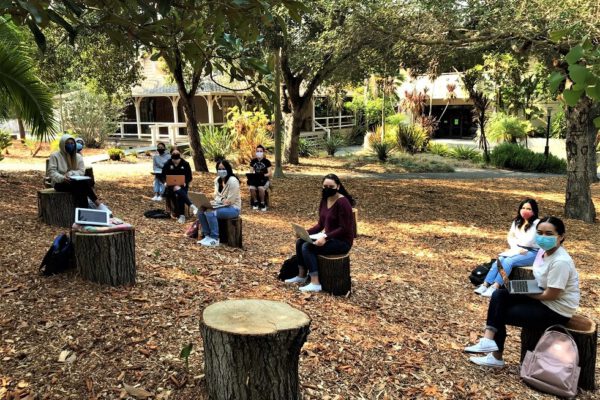
Small Colleges Are Essential for U.S. Economic, Social Recovery
Keeping small colleges and universities functioning through the pandemic matters. Mary B. Marcy, president of Dominican University of California, writes about the steps we can take to ensure these institutions also can thrive after the pandemic is over.
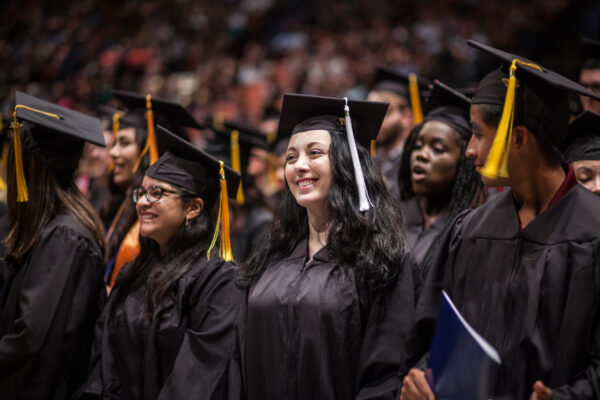
Looking Through a New Lens
The pandemic has brought with it a lens that allows for better vision of what is vital to student success. AACC President Walter Bumphus writes that that lens is a gift, and now is the perfect time to use it to rethink, redevelop, and re-explore how we provide education.
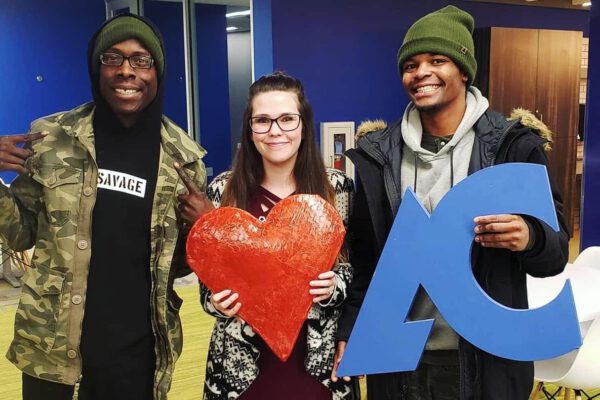
Love Can Save Higher Education From Itself
What does it mean to build a college on love? Russell Lowery-Hart, president of Amarillo College, explains.
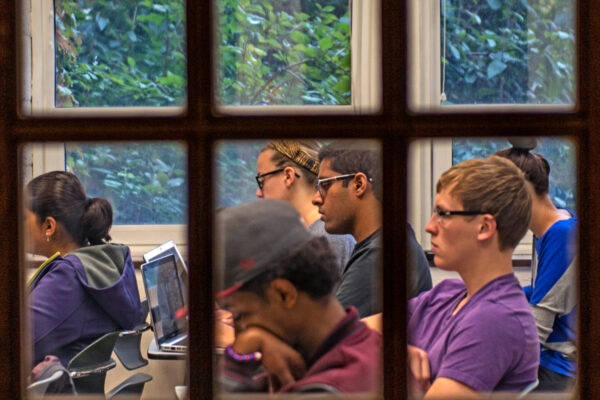
Meeting Student Success Goals During a Crisis
Rebecca Karoff, associate vice chancellor for academic affairs at The University of Texas System (UT), and Susan Cates, CEO of ACUE, joined ACE’s Sherri Hughes for a conversation on how the UT System is making meaningful progress on student success goals in a volatile and stressful time for students, faculty, and institutions.
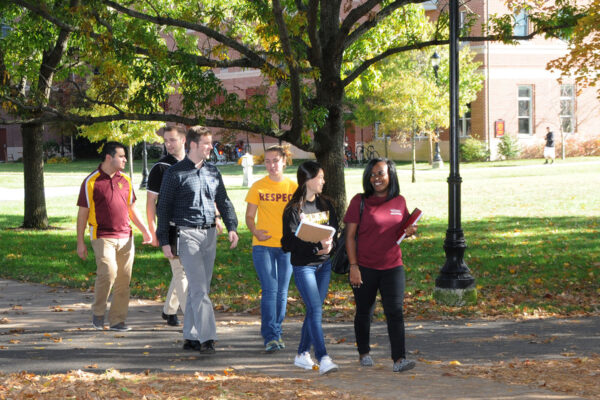
Demands on Long-Range and Short-Term Planning: A Balancing Act
More planning, more institutional collaboration, and more flexibility means less angst for chief academic officers, write retired CAOs Gayle R. Davis and Margaret E. Winters.
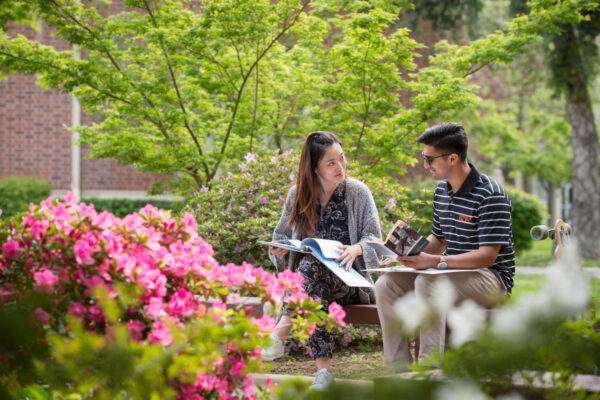
Four Misconceptions About International Students in the U.S.
Policies and practices that make international students and scholars feel unwelcome are just part of the problem for this population during stressful times. Another is the myths such policies that reinforce a generally unwelcoming climate in this country, write Haelim Chun and Jung Hyun Choi.
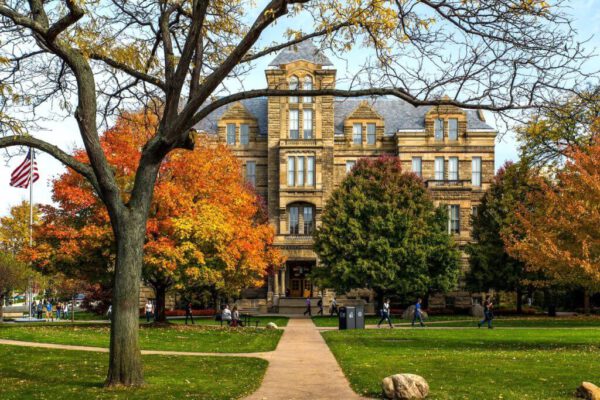
Practical Alternatives to Tenure: Lessons Learned for Best Practice
Two experienced provosts discuss the the important role played by non-tenure-track faculty and why colleges should enhance their policies and expand the benefits for these appointments. The latest post in a series from the Association of Chief Academic Officers.
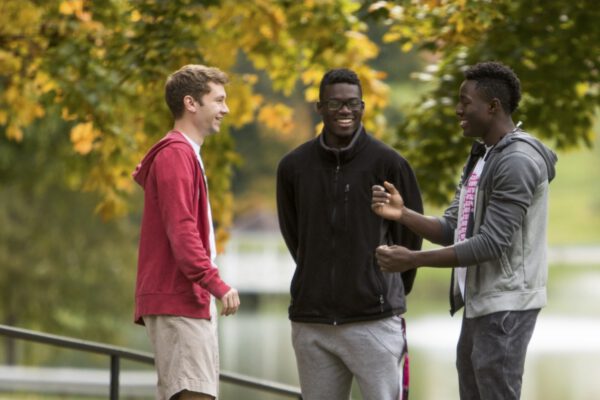
Department of Education Should Not Leave Needy Students Out in the Cold in Midst of a Pandemic
The Trump administration has rejected the opportunity to do the right thing by all students in distributing CARES Act emergency grants. We must hope that Congress does not allow them to do it again.
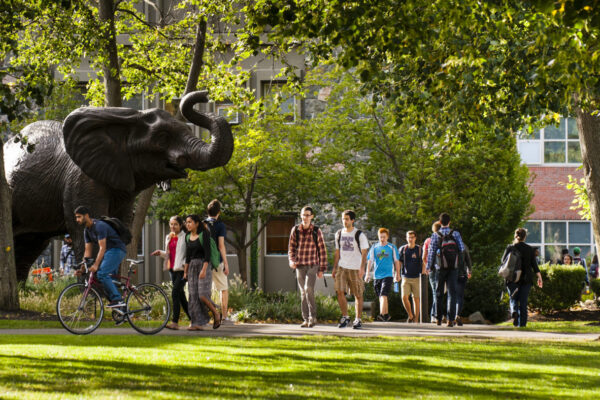
When Pandemics End
Planning for the 2021–22 academic year gives us all a chance to open academic doors wider than ever before. And so far, no pandemic has caused us to do otherwise, writes Allan E. Goodman, president and CEO of the Institute of International Education.
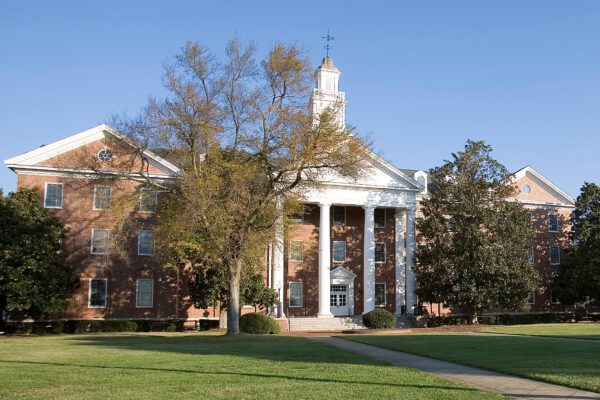
Department of Education’s Final Section 117 Information Collection Request Continues to Overstep Statutory Authority
The Education Department has chosen to dismiss the higher education community’s previously expressed concerns about the new reporting requirements for foreign gifts and contracts, releasing a new reporting portal on June 22. The first deadline under the new system is July 31.
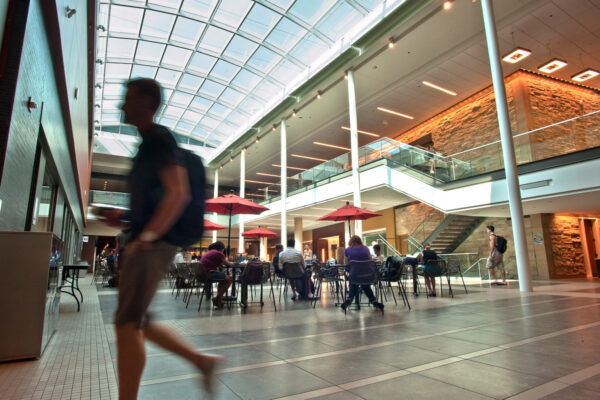
Lessons Learned from Rural Community Colleges’ Response to COVID-19
An array of challenges have shaped the response of rural community colleges to COVID-19. Yet an informal survey of rural institutions indicates that this is not a story of defeat, but one of creativity and commitment.